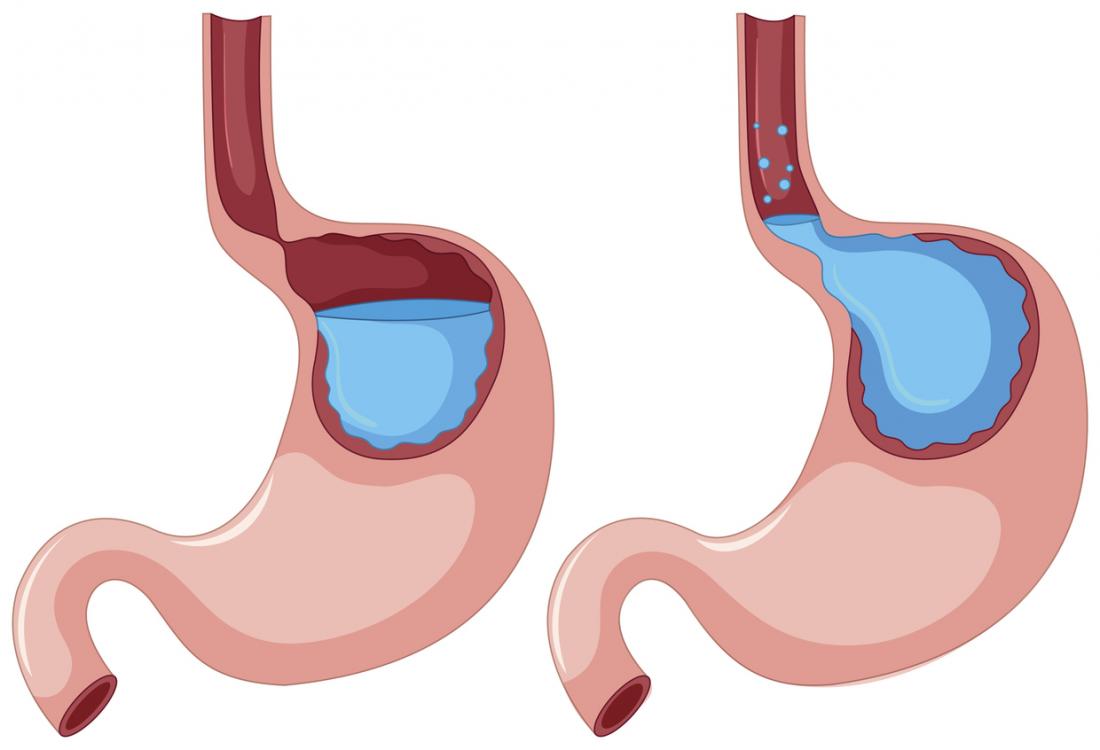GERD Or Gastroesophageal Reflux Disorder
GERD or Gastroesophageal Reflux Disorder is when after the consumption of food, there is a certain amount of acid that travels back through your esophagus back into your mouth and leaves a burning sensation all through your chest.
GERD is quite a common condition, but you should read this blog to know what causes it and when you should seek immediate medical attention.
Understanding GERD
When food is digested, it gets broken down so that your blood can absorb all necessary nutrients from it. However, even before your food reaches the stomach, it has to pass through your esophagus where a band-like structure opens to help the food pass through and closes immediately when the food goes through.
Sometimes, however, the band, also known as lower esophageal sphincter doesn’t close properly, letting acid back into the esophagus and causing burning and sometimes even inflammation of the sensitive lining.
How do you know you have GERD
Generally, when you have GERD, you will experience a burning sensation after consuming food, especially when you lie down. This could be accompanied by the following symptoms:
- A blunt chest pain
- Challenge in swallowing your food
- The feeling of an obstruction in your throat
- Nausea
- Sour liquid coming back up inside your mouth
It is extremely important to note that if you have jaw ache or pain in your arms, you should immediately consult with a doctor as this could be an indication of a heart attack.
Are you prone to this?
As mentioned above, GERD is a rather common condition but sometimes, it’s triggered more often because of the lifestyle choices you make. Let’s understand some of the following trigger factors
- Not eating right: The kind of food you eat, when you eat it and how much of it you eat all can be a factor. Eating unhealthy food, skipping meals or eating late as well as consuming a disproportionately large or small meal can trigger bouts of GERD.
- Lying down immediately after a meal: When you do not give enough time for your food to pass through the esophagus and move into your stomach and lie down immediately after your meal, chances are high that the food will come back up and cause irritation.
- Pregnancy and obesity are also bound to make you more prone to GERD.
- Other underlying health conditions like hiatal hernia, disorders of the connective tissue and digestive issues can cause GERD.
How is it diagnosed and treated?
Usually, doctors use several diagnostic methods like an xray of your upper digestive system, an endoscopy or even an ambulatory probe test to check the duration of the reflux and understand the trigger.
Once it’s diagnosed, it is generally manageable through lifestyle changes as well as over-the-counter medications. These changes usually help manage the condition well. However, if the intensity of the problem is more your doctor might suggest surgical correction as well.
An important thing to note is the fact that frequent acid reflux can cause considerable damage to your esophagus and the lining and lead to other complicated health issues. Therefore, its best to consult with a doctor if the GERD issue is a frequent occurrence.
At SMILES, we have the latest technology to help us diagnose GERD with precision and help you with an effective treatment plan so that you can just enjoy your lifestyle without having to worry about that nasty burning sensation when you go to sleep after a rather heavy meal.
This combined with a healthy diet consumed in the right quantity at the right time and a fit lifestyle can help you keep GERD at bay. If you feel that your acid reflux is quite frequent and more intense, please do reach out to us and our experienced doctors will help you get back to a healthier life.

